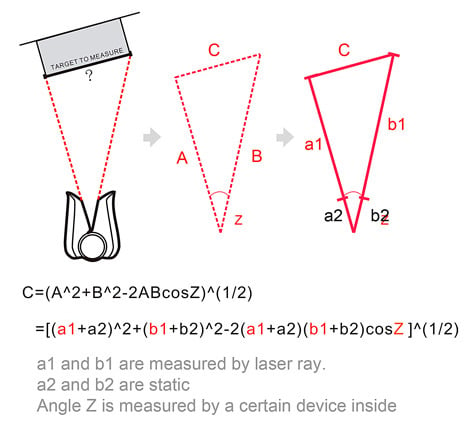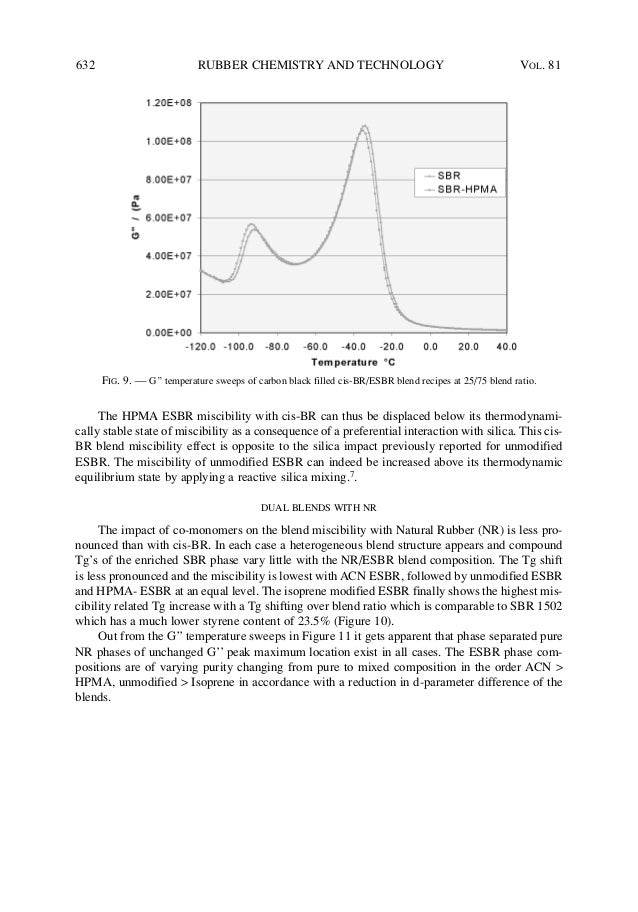

Recently, GST was adapted to address Cluster-C pathology. An internationally frequently applied schema group format is group schema therapy (GST), as developed by Farrell and Shaw, which has demonstrated its effectiveness for treating borderline PD. representations of the self that stem from early childhood, and to change schema modes to more healthy forms. Schema therapy aims to restore dysfunctional schema’s, i.e. Schema therapy integrates cognitive behaviour therapy and concepts and techniques from attachment theory, experiential and psychodynamic therapy. In the field of schema therapy, various group formats have been developed.
Point measure rct trial#
Name and contact information for the trial sponsor Psychotherapies Huibers, PhD: Utrecht University, Department of Clinical Psychology, and Arkin Mental Health Care, Amsterdam, the Netherlands Arntz, PhD: Department of Clinical Psychology, Universiteit van Amsterdam, the Netherlands Bosmans, PhD: Department of Health Sciences, Faculty of Science, Vrije Universiteit Amsterdam Amsterdam Public Health research institute, The Netherlands Peen, PhD: Arkin Mental Health Care, Amsterdam, the Netherlands Van, PhD: Arkin Mental Health Care, Amsterdam, the Netherlands Daniëls, MSc: Arkin Mental Health Care, Amsterdam, the Netherlands Dekker, PhD: Department of Clinical Psychology, Vrije Universiteit Amsterdam, the Netherlands van den Heuvel, MSc: Arkin Mental Health Care, Amsterdam, the Netherlands G-FORCE: The Effectiveness of Group Psychotherapy for Cluster-C Personality Disorders: A pragmatic RCT comparing Psychodynamic and Two Forms of Schema Group Therapy Registered on 31 August 2020, first participant included on 18 October 2020. The absence of a control group can be considered as a limitation.

This is the first large RCT on group therapy for Cluster-C PDs and will contribute improving the care of this neglected patient group. Additionally, predictors, procedure and process variables are analysed to investigate the working mechanisms of the therapies. This study is designed to evaluate the effectiveness and cost-effectiveness of three formats of group psychotherapy for Cluster-C PDs. The time-points of assessment are at baseline, start of treatment and after 1, 3, 6, 9, 12, 18, 24 and 36 months. Also, a cost-effectiveness study will be performed, primarily based on a societal perspective, using both clinical effects and quality-adjusted life years. Potential predictors and mediators are selected and measured repeatedly. Secondary outcome measures are personality functioning, psychiatric symptoms and quality of life. Change in severity of PD (APD-IV) over 24 months will be the primary outcome measure. Randomization will be pre-stratified on the type of PD. In this mono-centre pragmatic randomized clinical trial, 290 patients with Cluster-C PDs or other specified PD with predominantly Cluster-C traits, will be randomized to one of three treatment conditions: group schema therapy for Cluster-C (GST-C, 1 year), schema-focused group therapy (SFGT, 1.5 year) or psychodynamic group therapy (PG, 2 years). The purpose of the present G-FORCE trial is to find evidence on the differential (cost)effectiveness of two forms of schema group therapy and psychodynamic group therapy in the routine clinical setting of an outpatient clinic and to investigate the underlying working mechanisms and predictors of outcome of these therapies. These two frameworks suggest different mechanisms of change, but until now, this has not yet been explored. In clinical practice, group therapy is one of the frequently offered approaches, with two important frameworks: schema therapy and psychodynamic therapy. Nevertheless, the need to treat these patients is eminent. Evidence for the optimal treatment is extremely scarce. Cluster-C personality disorders (PDs), characterized by a high level of fear and anxiety, are related to high levels of distress, societal dysfunctioning and chronicity of various mental health disorders.


 0 kommentar(er)
0 kommentar(er)
